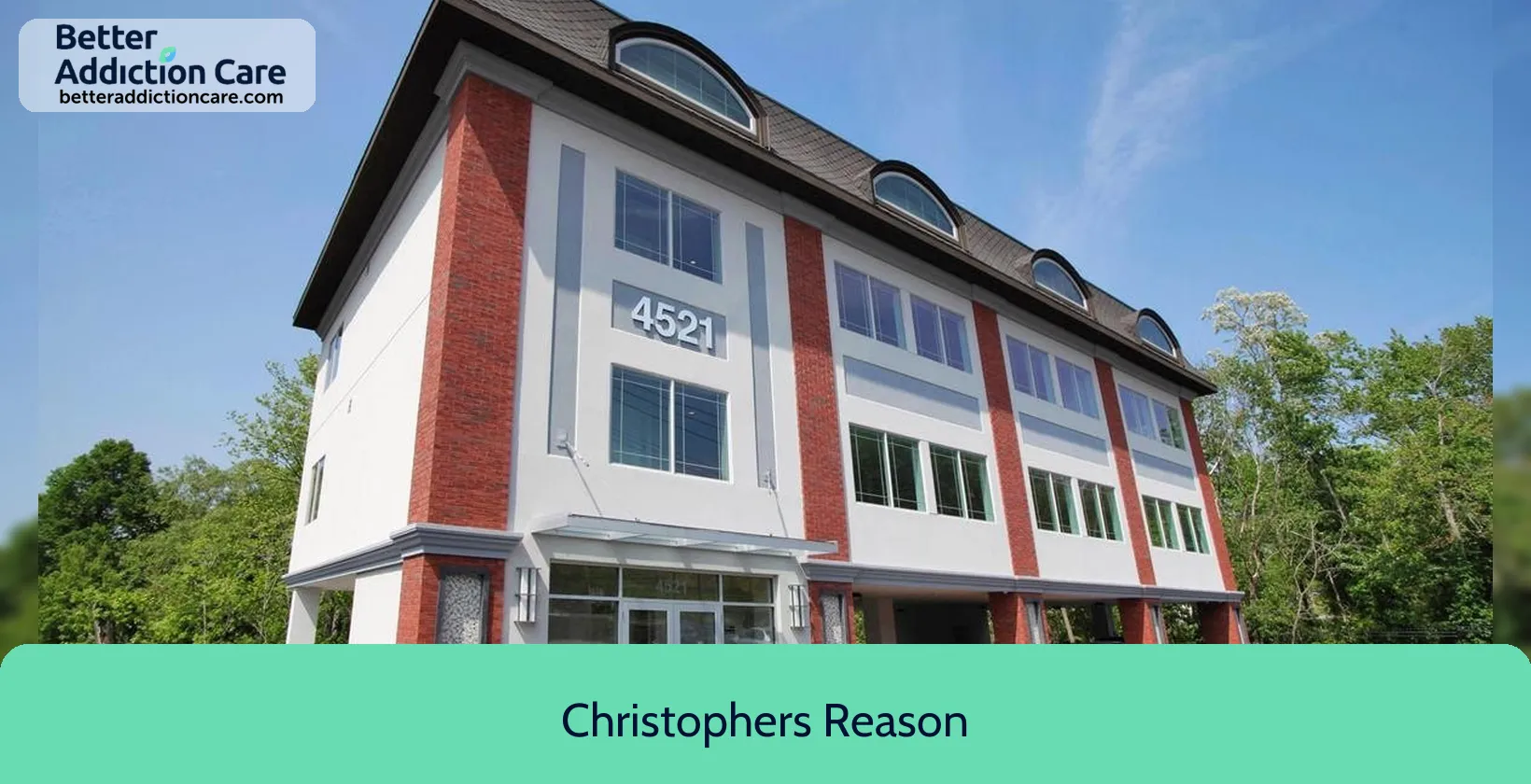Camelot of Staten Island - Young Adult Residential

Overview
Camelot of Staten Island - Young Adult Residential is a substance abuse treatment center for people seeking treatment near Richmond County. As part of their treatment modalities for recovery, Camelot of Staten Island - Young Adult Residential provides cognitive behavioral therapy, telemedicine/telehealth therapy, and substance use disorder counseling during treatment. Camelot of Staten Island - Young Adult Residential is located in Staten Island, New York, accepting cash or self-payment for treatment.
Camelot of Staten Island - Young Adult Residential at a Glance
Payment Options
- Cash or self-payment
- State-financed health insurance plan other than Medicaid
- Federal, or any government funding for substance use treatment programs
- Sliding fee scale (fee is based on income and other factors)
Assessments
- Screening for tobacco use
- Comprehensive mental health assessment
- Comprehensive substance use assessment
- Interim services for clients
- Outreach to persons in the community
Age Groups
- Seniors or older adults
- Young adults
- Adults
- Seniors
Ancillary Services
- Case management service
- Integrated primary care services
- Suicide prevention services
- Early intervention for HIV
- Mental health services
Highlights About Camelot of Staten Island - Young Adult Residential
7.54/10
With an overall rating of 7.54/10, this facility has following balanced range of services. Alcohol Rehabilitation: 8.00/10, Drug Rehab and Detox: 8.46/10, Insurance and Payments: 6.00/10, Treatment Options: 7.70/10.-
Drug Rehab and Detox 8.46
-
Alcohol Rehabilitation 8.00
-
Treatment Options 7.70
-
Insurance and Payments 6.00
Treatment At Camelot of Staten Island - Young Adult Residential
Treatment Conditions
- Alcoholism
- Mental health treatment
- Substance use treatment
- Co-occurring Disorders
Care Levels
- Hospital inpatient treatment
- Long-term residential
- Residential detoxification
- Aftercare
Treatment Modalities
- Cognitive behavioral therapy
- Telemedicine/telehealth therapy
- Substance use disorder counseling
- Smoking/vaping/tobacco cessation counseling
- Group counseling
Ancillary Services
Additional Services
- Pharmacotherapies administered during treatment
- Mentoring/peer support
- Breathalyzer or blood alcohol testing
Special Programs
- Clients with co-occurring mental and substance use disorders
- Veterans
- Criminal justice (other than DUI/DWI)/Forensic clients
- Clients with HIV or AIDS
- Clients who have experienced trauma
Get Help Now
Common Questions About Camelot of Staten Island - Young Adult Residential
Contact Information
Other Facilities in Staten Island

7.02

6.85

7.60

7.52

6.98

7.71

7.40

7.23
DISCLAIMER: The facility name, logo and brand are the property and registered trademarks of Christophers Reason, and are being used for identification and informational purposes only. Use of these names, logos and brands shall not imply endorsement. BetterAddictionCare.com is not affiliated with or sponsored by Christophers Reason.
